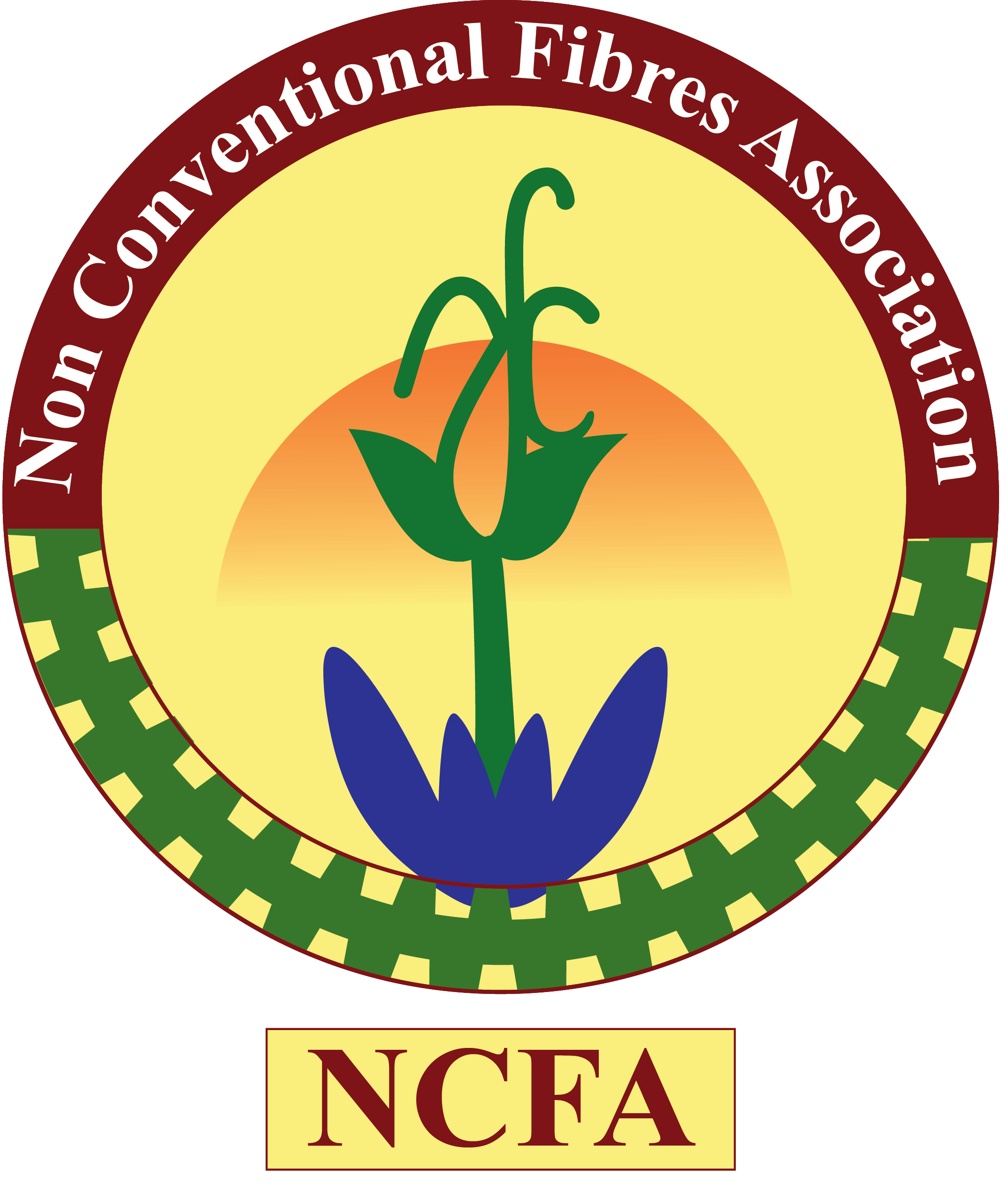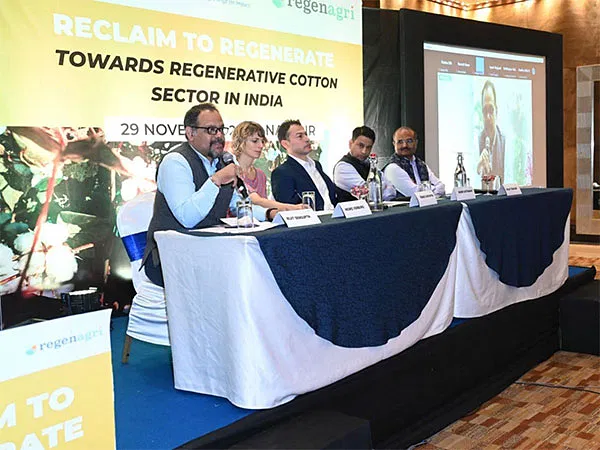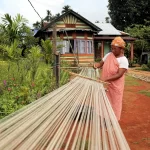The Alliance of Cotton & Textile Stakeholders on Regenerative Agriculture (ACRE) has been established by Solidaridad Asia, the Centre for Responsible Business (CRB), and regenagri to advance regenerative cotton farming practises in India.
‘The Reclaim to Regenerate: Towards Regenerative Cotton Sector in India’ event in Nagpur, Maharashtra, served as the official launch of the ACRE Alliance. According to the Alliance (ACRE), implementing a unique initiative will improve the livelihoods of over 500,000 smallholder cotton farmers and their communities in India while reducing greenhouse gas emissions by at least 1 million tonnes by 2030.
This collaboration will enable the necessary change in agricultural practices. Leading brands, buyers, and participants in the textile value chain who are committed to sustainability and value the principles of regenagri cotton attended the programme. The Nagpur Declaration, a call to action issued by the partners, asks responsible businesses to pledge their support for regenagri-certified cotton. Regenagri-certified cotton is sustainable, ensures fair value to farmers, and complies with national and international policy priorities, according to Solidaridad, CRB, and regenagri.
They are confident that by collaborating with the stakeholder groups, they will produce 50,000 tonnes of regenagri-certified cotton in the next year, which will come from the fields of 10,000 farmers and be used by at least 10 fashion brands. Additionally, it is anticipated to encourage consumers, brands, and retailers to source cotton sustainably, assisting them on their path to net-zero emissions.
In Vidarbha, Maharashtra, in 2020, Solidaridad piloted one of India’s largest regenagri certification programmes, aiding 8,000 small farmers in implementing these practises. Solidaridad is currently collaborating with over 100,000 farmers in the area, which would reduce about 100,000 tonnes of GHG.
HeskeVerburg, Managing Director of Solidaridad Europe, honoured some of the progressive farmers in attendance for their efforts.
By rebuilding soil organic matter, surface and subsurface carbon pools, and restoring degraded soil biodiversity—which leads to carbon drawdown and water cycle improvement—regenerative agriculture can actively contribute to reversing climate change. Simply put, it involves turning global agriculture from a degenerative to a generative system that produces agricultural products, stores carbon, and improves biodiversity on individual farms.
Dr. Shatadru Chattopadhyay, Managing Director of Solidaridad Asia, stated this at the Alliance’s official launch: “Arable land larger than the size of England is abandoned every year due to land degradation; in other words, more rainforests or savannahs need to be ploughed to make up for this loss. The next development after sustainable agriculture is regenerative agriculture. According to Solidaridad, regenerative agriculture is the sustainable form of agriculture for this decade.”
“Regenagri has been doing great work in India where, as of October 2022, more than 40,000 farms are already certified under this programme,” said Franco Costantini, CEO of regenagri.
“This partnership will create opportunities for cotton and textile buyers and brands to collaborate with producers/farmers to regenerate natural systems and mitigate climate change,” said Rijit Sengupta, CEO of the Centre for Responsible Business (CRB).




